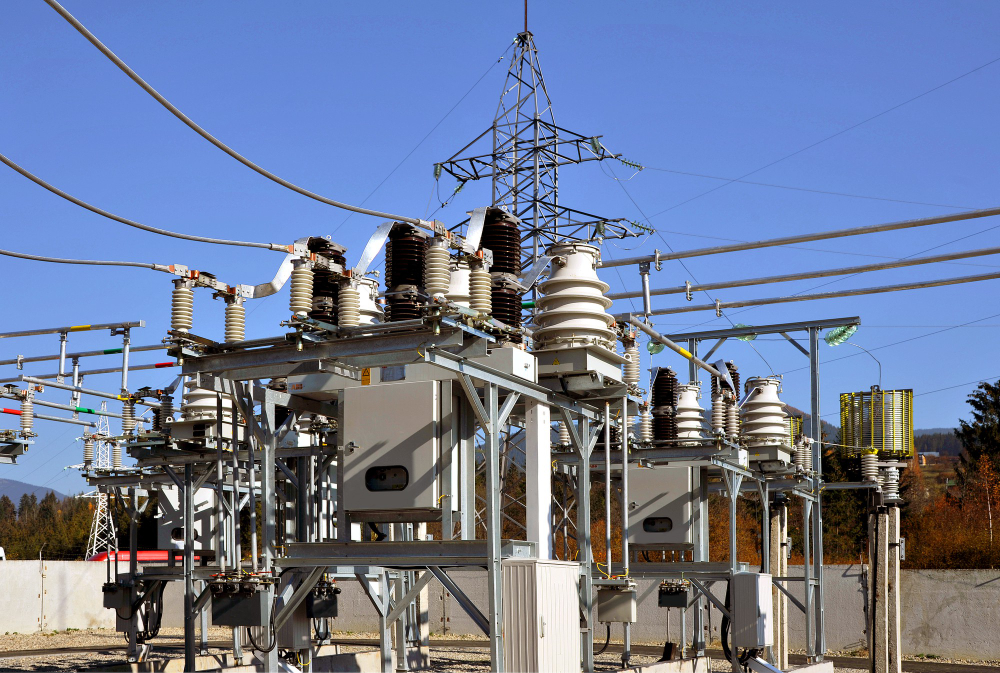Lumen assisted the two Ghana government owned and operated electricity distribution companies to develop their first ever, 3-year Performance Improvement Plans (PIPs) to be approved by the Energy and Utility Regulators. Combined, the two utilities serve over 6 million residential and business customers.
The electricity sector in Ghana has been poorly performing for many years placing a significant economic burden on the Government of Ghana. In 2019, the Government of Ghana initiated an Energy Sector Reform Program (ESRP) with the goal of reducing the cash shortfall of the sector that therefore required government funding. Furthermore, in 2021 Ghana fell into one of the worst financial crises ever faced by the country with high debt, high inflation and currency devaluation requiring IMF and World Bank recovery intervention. Recovery package funding from IMF, World Bank and other Development agencies required regulator approved PIPs to ensure commitment and governance in improving utility performance. With this as a backdrop, KfW the German development bank, selected Lumen and its Norwegian engineering consultant partner Multiconsult, to assist the two utilities to draft PIP’s for submission and approval to Ghana utility and energy regulators.
In 2022, both utilities incurred system losses around 28% (versus 14% industry levels), poor electricity supply quality and reliability as well as poor billing collections just above 80% versus industry targets of +95%.
The primary focus of the Performance Improvement Plans was to improve operational and financial performance thereby allowing lower tariffs and reduced government financial support. In addition, the PIP’s needed to move towards achievement of regulator target KPIs.
Lumen worked with both utilities to carry out a current state analysis (CSA) across all aspects of the utilities including commercial, operational, technical and organisational. Based on the CSA, Lumen worked with the utilities to create a gap analysis against industry performance levels and created specific performance improvement initiatives. The initiatives included a digital transformation including a Smart Grid, Business Process Re-Engineering, Critical Asset Investments and Rehabilitation and Organisational Development. Changes to the business operating models were also addressed, focusing on selective outsourcing of non-critical activities in order to allow the utility to manage core activities while engaging the Private Sector Participation to meet specific performance and service levels.
The PIP’s were submitted to the regulators by each utility in June 2023 and subsequently approved in October 2023.

